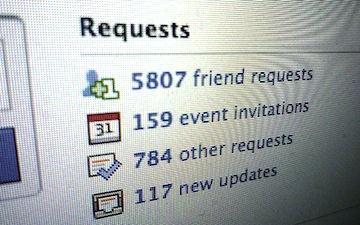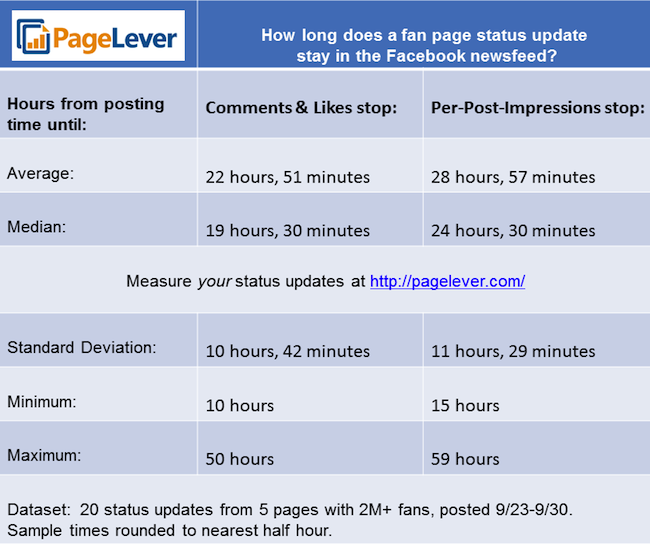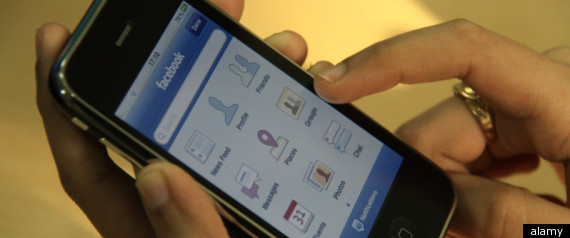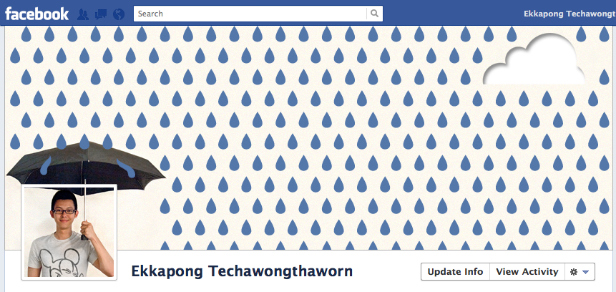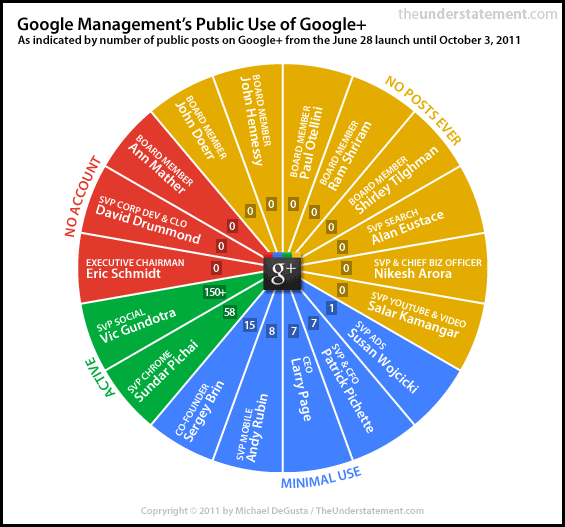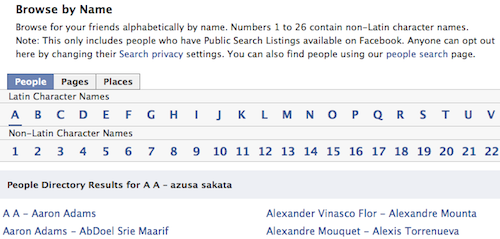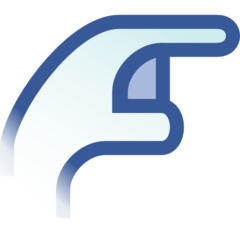Facebook now offers a desktop chat application for Windows. Like the company’s standalone mobile app, it is called Facebook Messenger, but the Windows client includes notifications and Ticker to drive users back to the site.Ticker, a lightweight version of News Feed, has included Sponsored Stories since November. A Facebook spokesperson has confirmed Ticker in the Windows application will function as it does on Facebook.com. Though whether these ads are shown on the website or a desktop client could have different effects on clickthrough rates. As Facebook reviews adoption and engagement of the new app, it will also have to consider ad performance.
via Inside Facebook · Facebook Releases Chat Client for Windows.

